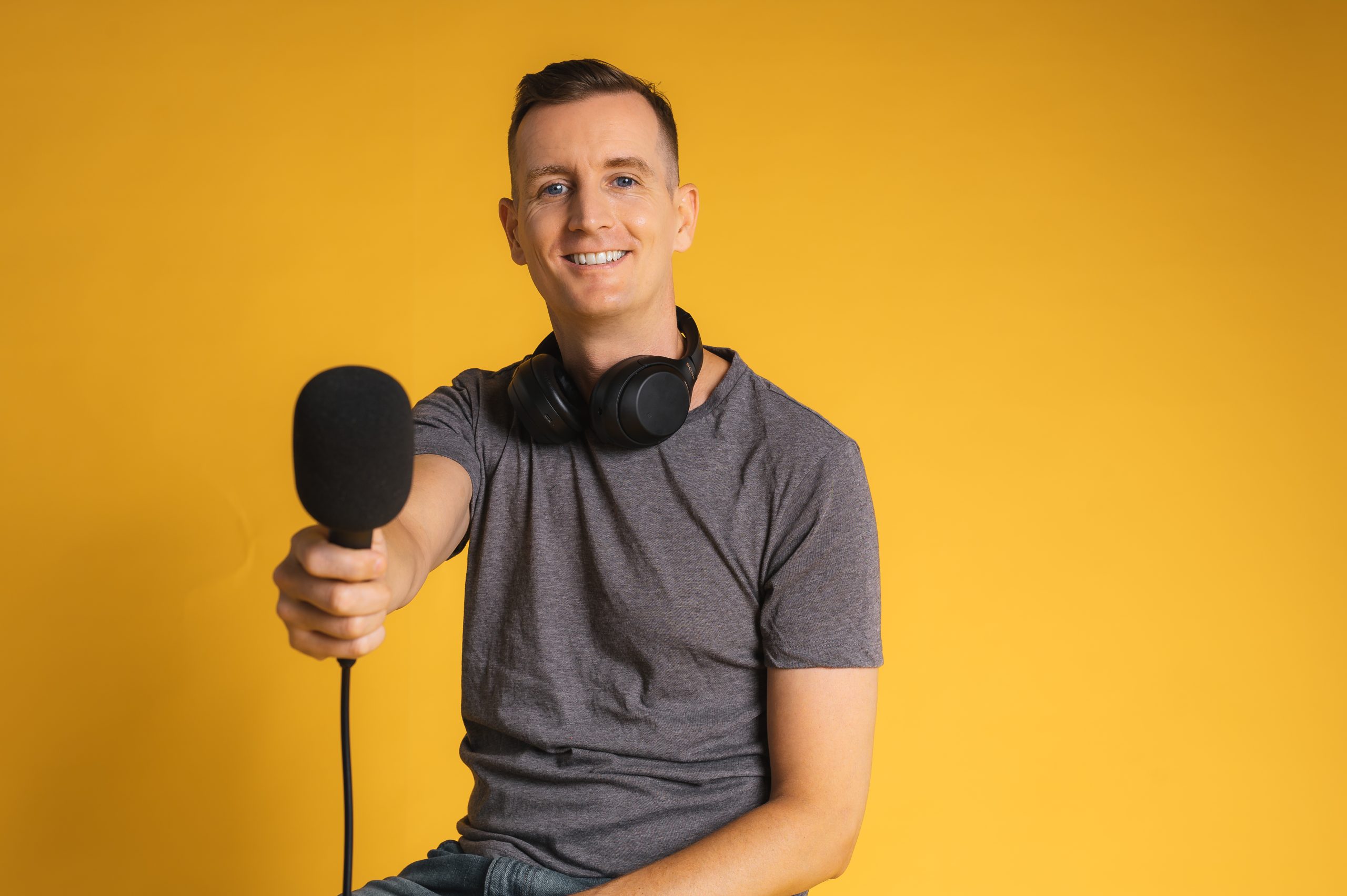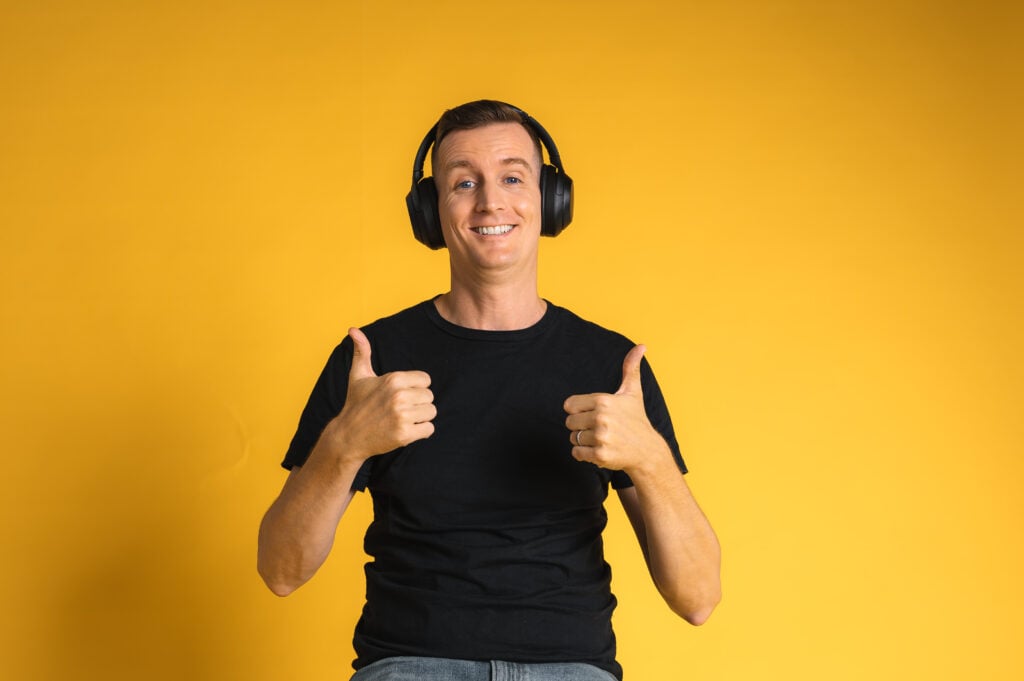Starting a successful podcast can be quite challenging, especially for beginners who lack experience and a clear roadmap to follow. From now, Podcasting isn’t a challenge anymore because I will provide you with some practices and tips about producing podcast for beginners.
I’m Niall Mackay, I’ve been podcasting since 2019, hosting 3 of my own shows, and have produced 20 shows for other podcasters around the world. In my podcast production process, I have received many questions from podcast beginners. It urged me to create an online course about podcasting and write this post as well.
If you’re looking for some tips and knowledge from an experienced podcast producer, let me help you. I will tell you all the things you should know and prepare before recording your very first podcast episodes.

1. Podcasting Process
If you’re a newbie, you’re looking for some first information about podcasting, I will give you an overview of the typical podcast production process:
Planning and Conceptualization
- Define your podcast’s niche and target audience, podcast name/podcast title
- Brainstorm episode ideas and create a content plan.
- Develop a show format and structure.
Recording
- Gather the necessary podcasting equipment, including a microphone, headphones, and recording software.
- Find a quiet and acoustically treated recording space.
- Record your episodes, either solo or with guests, following your content plan.
Editing
- Review the recorded audio and edit out any mistakes, long pauses, or irrelevant content.
- Add intro music, outro, and any other sound effects if desired.
- Balance audio levels and ensure consistent sound quality throughout.
Tips: Podcast editing is a really important section, DO NOT skip it.
Post-Production
- Export the edited audio in the desired format (MP3 for podcasts) or directly upload it to your Host.
- Create show notes and timestamps for each episode to provide a summary and easy navigation for podcast listeners.
Publishing
- Choose podcast hosting platforms to store your episodes.
- Upload your edited episodes to the hosting platform.
- Submit your podcast’s RSS feed to Apple Podcasts, Spotify, Google Podcasts, and others via your host.
Promotion and Podcast Marketing
- Create eye-catching podcast logos for your podcast to attract potential listeners.
- Utilize social media, email newsletters, and your website to promote each episode.
- Collaborate with other podcasters or influencers to expand your reach.
Engaging with the Audience
- Encourage listeners to leave reviews, provide feedback, and ask questions.
- Respond to listener comments and engage with your audience on social media.
But remember that it’s just a basic process, and there’s no standard for all podcasts. As you gain experience, you’ll refine your approach and develop a unique style that resonates with your audience.
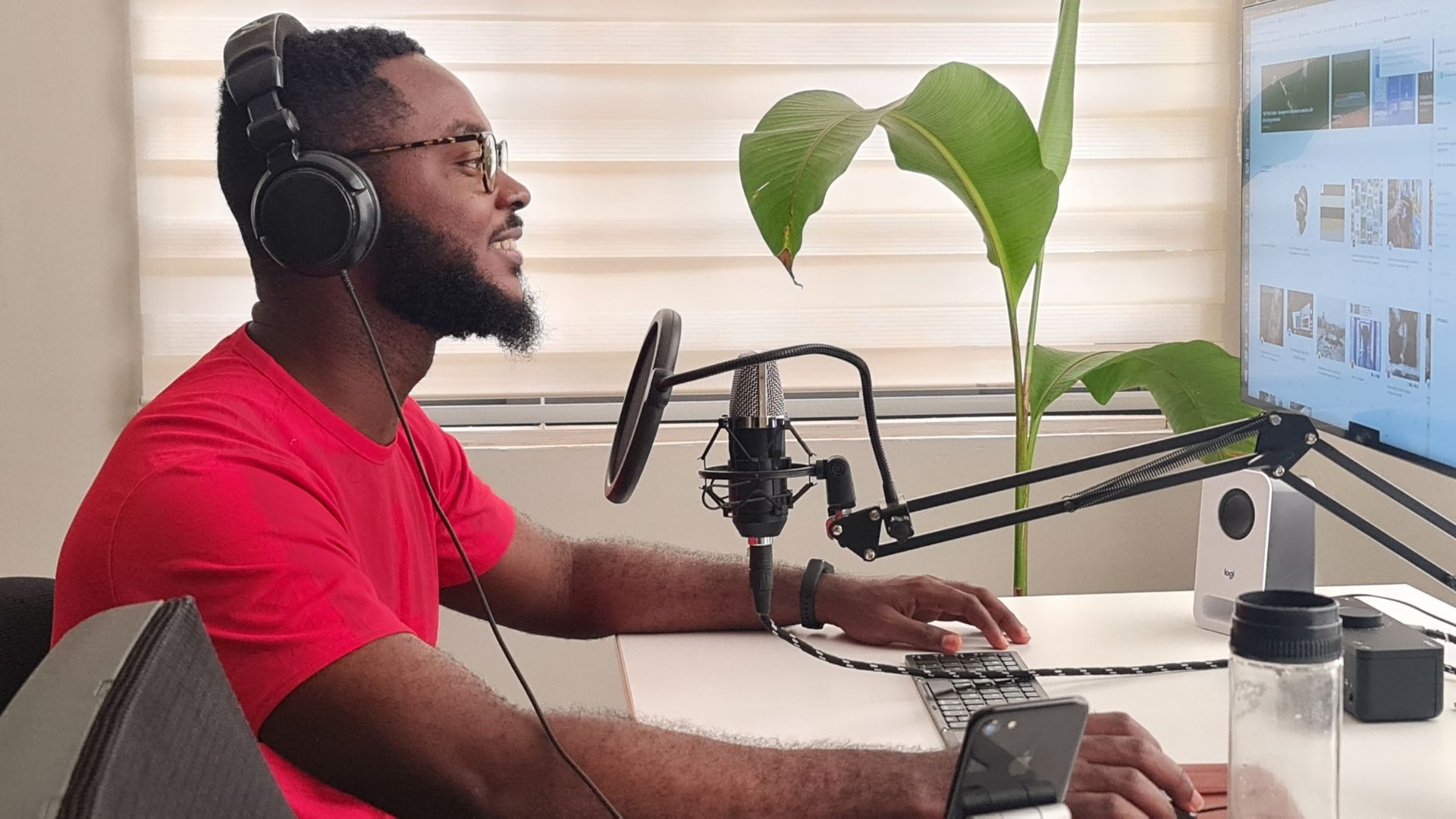
What You Should Know – Skills And Knowledge
2. Podcast Content Creation
Content creation skills are essential for any podcast host looking to produce engaging and valuable podcast episodes for their audience. These skills go beyond technical aspects and encompass the ability to craft compelling content that resonates with listeners.
To produce successful podcasts, as a host, you should acquire these skills:
Podcast Topic Research
To start a podcast, you should clearly define the niche of your podcast first. Understand who your podcast audience is and what they are interested in. Then conduct research, surveys, or engage with your potential listeners on social media to gather insights.
I suggest you choose a topic that you know well. Your knowledge and passion for the topic will shine through in your podcast episodes. Listeners can sense authenticity, and when you speak confidently about something you know well, it builds trust and credibility with your audience.
Planning
Set aside time to brainstorm a list of potential topics related to your podcast’s niche. Just be creative and think outside the box then write down as many ideas as possible, even if they seem unconventional at first. Once you have selected a topic, plan the structure of your episode.
3. Story-telling Techniques
People remember stories far better than facts or statistics. When you incorporate elements of storytelling into your podcast, your key messages and insights become more memorable to your listeners. Ensure that your story is relevant to your podcast’s theme and aligns with your target audience’s interests. Irrelevant or unrelated stories may lose your listeners’ interest.
Build a personal connection with your audience by sharing relatable experiences, emotions, or challenges. This helps listeners feel connected to you and invested in your story.
Tap into emotions to engage your audience on a deeper level. Use humor, empathy, or heartfelt moments to evoke emotions and make your story more memorable. Consider incorporating personal experiences and anecdotes to add authenticity and make your story more relatable.
Remember that practice makes perfect when it comes to storytelling. Listen to other podcasts and storytellers to gain inspiration and learn from their techniques. With time and effort, you can master the art of storytelling and create impactful episodes that keep your audience coming back for more.

4. Recording And Editing Skills
Podcast Equipment
To create high-quality audio podcasts, investing in professional podcasting equipment is essential. While it’s possible for beginner podcasters to start with basic gear, upgrading to recommended equipment for long-term use will greatly improve the overall production value of your podcast.
Depending on your required audio quality, your podcast formats, and your budget, there are various pieces of equipment with a price range for you to choose from. Basically, the starter kit includes:
- Podcast Microphones
- Podcast Headphones
- Computer/Laptop
- Recording and Editing software
Basic Skills
After choosing the right equipment, you also need some basic recording and editing skills. Although you can hire a podcast producer for your own show, there’re sometimes you need to have basic skills to smoothly run your recording process.
You can learn:
- use your microphone correctly
- use audio recording/ podcast editing software: Descript, Audacity, Garage Band
- cut, trim, add music, and adjust audio levels
- save and backup your audio files
- how to make your podcast go viral
These are simple and easy-to-learn skills that you can do on your own. For more professional techniques, consider hiring a podcast producer for your show.
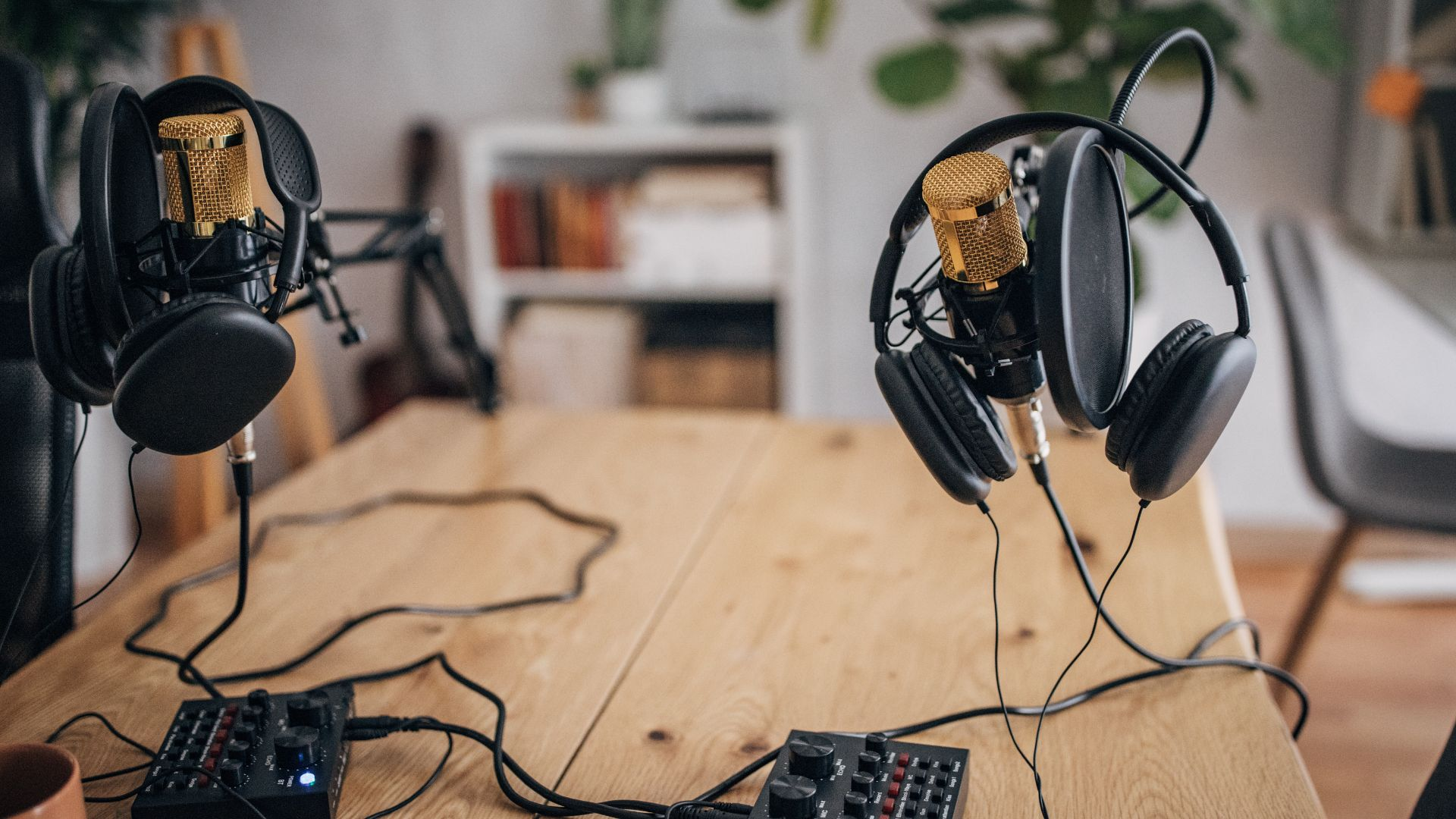
5. Podcast Hosting Platforms
If you haven’t started your first podcast episode yet, you may not know much about it. Podcast hosting service platforms are essential services that store and deliver your podcast episodes to listeners across the internet. Think of them as the “home” for your podcast, where all your audio files and metadata are stored. When someone listens to your podcast, the hosting platform provides the audio files to their podcast app or player, ensuring smooth and reliable delivery.
You can use them for:
- RSS Feed Generation: These platforms automatically generate an RSS (Really Simple Syndication) feed for your podcast. It is like a content delivery pipeline that tells podcast directories where to find and fetch your episodes for distribution.
- Distribution: Hosting platforms submit your podcast’s RSS feed to major directories like Apple Podcasts, Spotify, Google Podcasts, and more. This allows your podcast to be discoverable and accessible to a wider audience.
- Analytics and Statistics: Hosting platforms provide valuable insights into your podcast’s performance, including the number of downloads, listener demographics, and popular episodes. This data helps you understand your audience better and make informed decisions for improvement.
Main platforms:
- Buzzsprout
- Libsyn (Liberated Syndication)
- Transistor
Podcasting Tips- What Makes A Rememberable Podcast
As a beginner, it’s normal to feel a bit unsure about what contributes to a good podcast show. After working and gaining experience in the podcast industry, I’ve discovered that popular podcasts often share some common elements that contribute to their success. Let me share these insights with you:
6. Valuable Content
Valuable content is the backbone of a memorable podcast. It is the essence that keeps your audience coming back for more and sets your show apart from others. As a podcaster, your primary goal should be to provide your listeners with information, insights, or entertainment that they find genuinely useful and relevant to their interests.
If you do plan to include promotions in your podcast, make sure they are relevant to your niche and add value to your audience. While promoting products, services, or affiliate links can be a legitimate way to monetize your podcast, it’s essential not to overdo it and turn your show into a constant sales pitch.
7. Podcast Cover Art And Music
In the world of podcasting, first impressions matter, and two key elements that significantly impact those initial impressions are podcast artwork and music. These components play a vital role in attracting new listeners, setting the tone for the show, and establishing a unique brand identity.
Podcast Artwork
Your podcast artwork is the visual representation of your show, and it’s often the first thing that potential listeners see when browsing through podcast directories. Consider the following aspects when creating your artwork:
- Branding
- Clarity and Simplicity
- Reflective of Content
- Professionalism
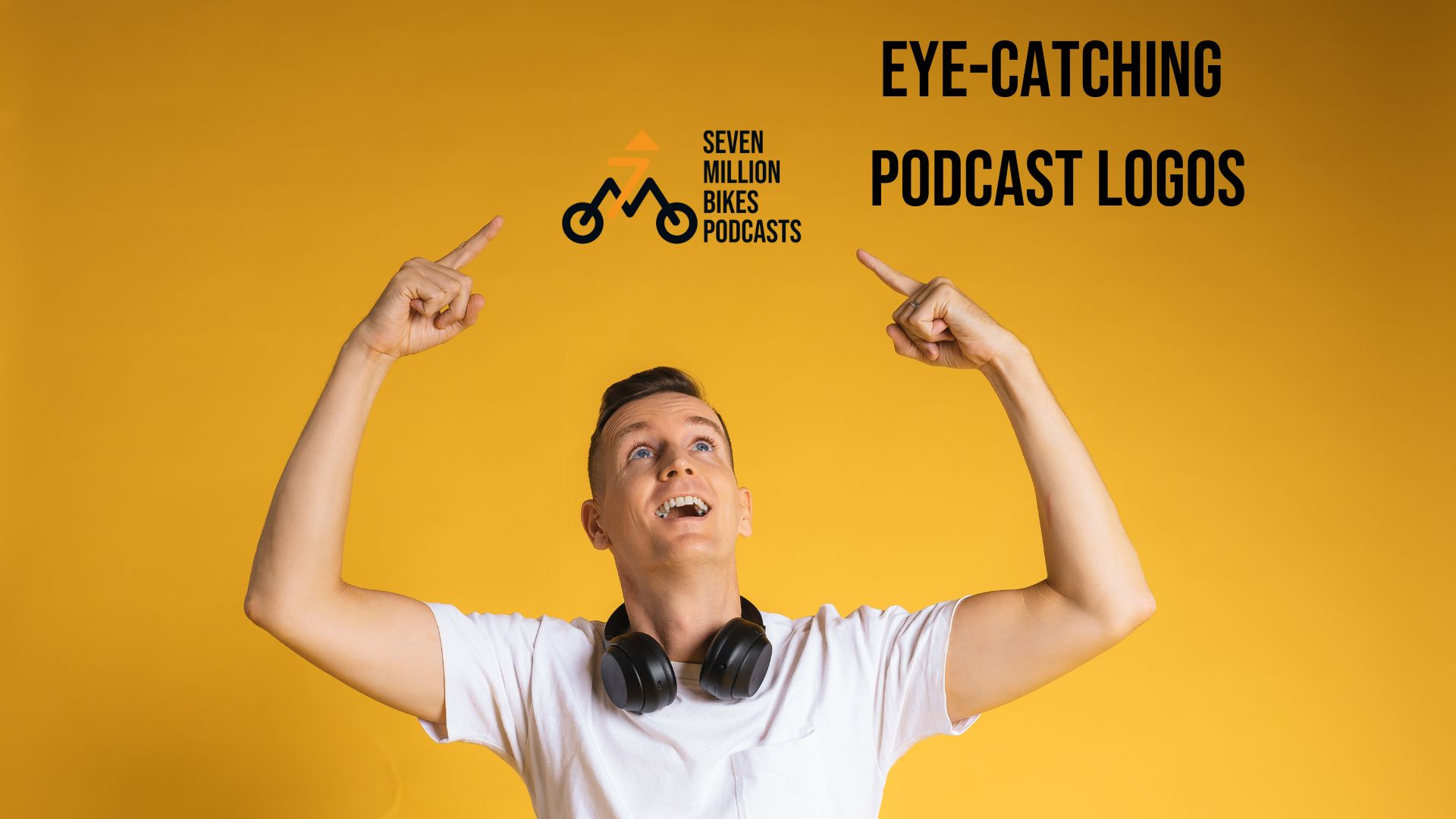
Podcast Music
Music is a powerful tool for evoking emotions and setting the mood of your podcast. The right music can create an atmosphere that complements your content and keeps listeners engaged.
You should use the same music for the same part to create a sense of familiarity:
- Intro and outro
- Transition and Segmentation
- Background music
8. Promotion And Marketing
Even the most valuable content and engaging episodes won’t reach a wider audience without proper promotion. Use these methods to promote your show:
- Advertising
- Social Media
- Cross-promotion
- Optimize SEO
It also depends on your budget, define how much you can spend on promoting your podcast, or you can seek sponsorship and donations.
Stay committed to regularly promoting your podcast and exploring new marketing tactics. By reaching out to a broader audience and building a loyal listener base, your podcast has a higher chance of becoming memorable and successful in the competitive podcasting landscape.
9. FAQs – What Podcast Beginners Usually Ask?
How long should my podcast episodes be?
The ideal length varies, but the most common episode lengths range from 20 minutes to an hour. Consider your content’s depth and your audience’s preferences. Keeping episodes concise and focused can be more engaging.
Keep episodes focused and avoid excessive tangents or unnecessary content. Respect your audience’s time and deliver value in a concise manner.
How frequently should I release new episodes?
Don’t post multiple episodes in one day, and skip the schedule for the following weeks. Consistency is essential for building an audience. Determine a schedule that aligns with your resources and stick to it. Whether it’s weekly, bi-weekly, or monthly, set clear expectations for your listeners.
Setting realistic goals for episode frequency is essential. Remember to plan your episode topics and ideas first, don’t plan to post five episodes a week and then find out you cannot manage to create that amount.
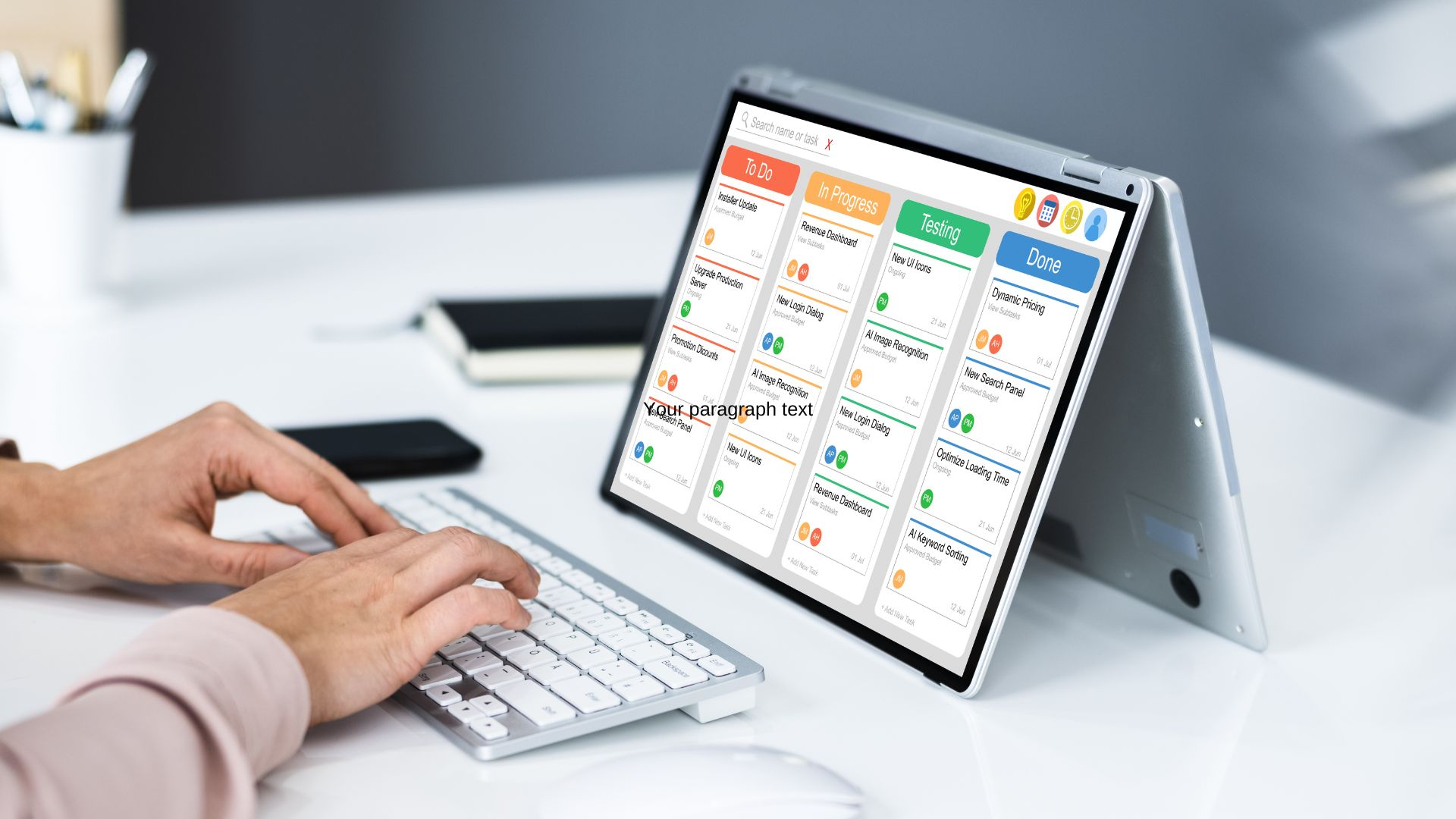
Do I need to script my episodes?
While scripting can provide structure, it’s not always necessary. Some podcasters prefer a conversational approach, while others rely on a podcast outline template to stay on track. Find a style that suits your personality and content.
How can I monetize my podcast?
Popular monetization methods include sponsorships, affiliate marketing, listener support, and creating premium content for a paid subscription model. Focus on building a sizable audience before pursuing monetization.
Is it necessary to have a website or social media presence for my podcast?
Having a website and social media presence can help promote your podcast, reach a wider audience, and provide a hub for additional content and information related to your episodes.
What are the best practices for interviewing guests on my podcast?
Effective marketing strategies for promoting your podcast include creating eye-catching cover art, utilizing social media to share episode highlights, reaching out to influencers and guests for cross-promotion, and submitting your podcast to podcast directories and review sites.
10. Some Mistakes New Podcasters Usually Make
Lack of Planning
New podcasters often jump into recording without proper planning and preparation. They may not have a clear content strategy, target audience, or episode structure. Failing to plan episodes and content can lead to disorganized and inconsistent episodes. Plan your topics, episode structure, and guest interviews in advance to maintain a cohesive and engaging podcast.
Poor Audio Quality
Neglecting audio quality can drive away potential listeners. Invest in a decent microphone and recording equipment to ensure clear and professional-sounding audio.
High-quality audio reflects professionalism and dedication to your craft. It shows that you care about delivering the best possible experience to your audience, which can help build trust and credibility.
Overlooking Editing
New podcasters might overlook the importance of editing their episodes. Editing helps remove background noise, awkward pauses, and repetitive content, making the podcast more polished and engaging.
Editing is not about making your podcast sound artificial or scripted; it’s about refining the content while preserving the authenticity of your show. So, don’t overlook this critical step in the podcasting process.
Lack of Show Notes
Not providing show notes or podcast descriptions can make it challenging for listeners to revisit specific topics or resources mentioned in the episode. Include detailed show notes to enhance the listener’s experience. Well-written show notes and descriptions improve SEO and give potential listeners a glimpse of what to expect.
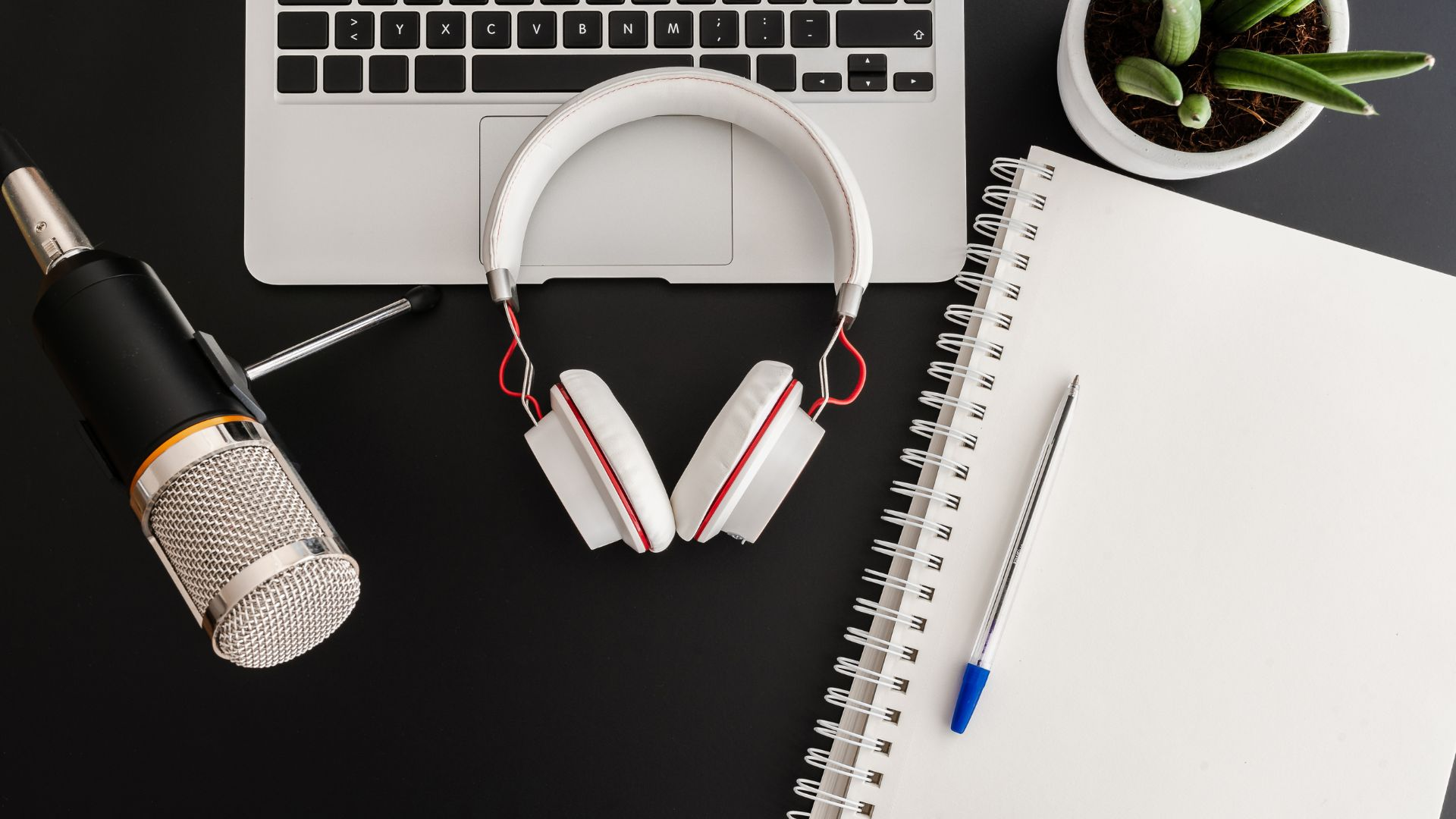
Impatience and Giving Up Too Soon
Expecting instant success and giving up after a few episodes is a common mistake. Building a successful podcast takes time, effort, and consistency. Patience and perseverance are key to long-term growth.
When I first started, I must admit that the initial results were not what I had hoped for. I had very low views on my first episodes, no sponsorship, and donation as well. But you have to understand that every work requires patience and so does podcasting.
As long as you are passionate about your content, I knew the right audience would find their way to your show eventually. Just be patient and persistent with your podcast.
Podcasting For Beginners Overview
Podcasting can be a rewarding and fulfilling journey for beginners, but it comes with its unique set of challenges and learning curves. Throughout this blog post, I hope you have explored valuable tips and insights that are useful for you.
Podcasting is indeed a learning process that involves constant growth and improvement. Nobody starts as an expert, and even experienced podcasters keep learning and adapting. Being open to feedback and actively seeking it out can help you refine your content, delivery, and overall podcasting style.
With dedication, passion, and a willingness to improve, I believe you can create a successful podcast show.
If you have more questions or need a consultant, don’t hesitate to contact me:

